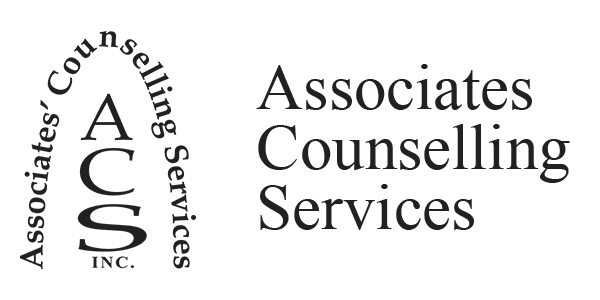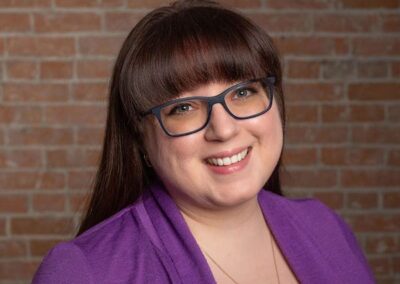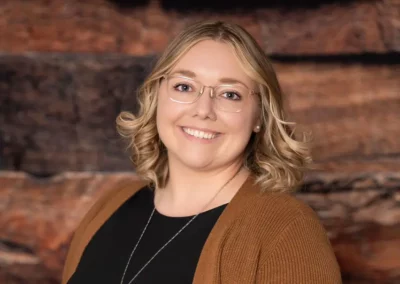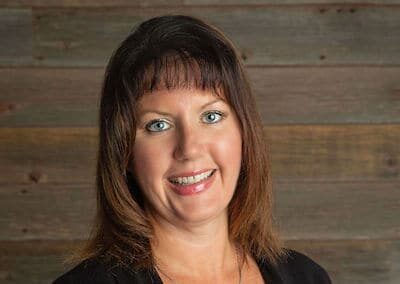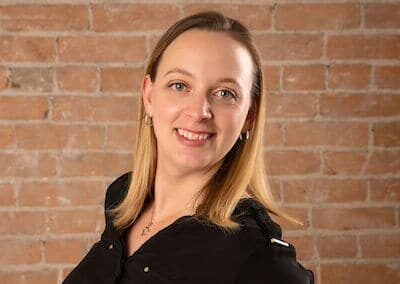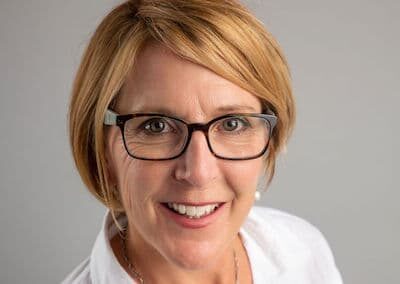Simple steps for finding a counsellor.
If you were to resort to google and type into the search bar, “help, looking for a qualified counsellor,’ this search would surely overwhelm even the most non-anxious client. Unfortunately, there is limited guidance when it comes to finding the “right” counsellor. Rest assure, I have thought long and hard about selecting this special individual for you. Given the considerable investment of therapy, I want to make sure this process is rational, intentional and results in a favorable “therapist-client fit”. Below are simple steps you can take to assist you in your search.
Tip #1 Identify your ‘presenting issue’
Are you suffering from depression? Maybe you’re struggling in your relationship? Or, perhaps you are concerned about your teenager’s high-risk behavior. It is critical that you clearly identify what is bringing you to therapy before you begin your search. The reason being, most counsellors have a niche or specialty they work in, including areas they may also abstain from. You wouldn’t want a knee doctor cleaning your teeth, right? Same for therapy. Consider what it is you are wanting help with first. By doing this you will save yourself time and money. If during your search you reach out to a therapist who does not work in that area of concern, ask if they can refer you to someone who does. Referrals in the counselling world are commonplace since we all have areas beyond our scope of competency.
Tip #2 Ask people in your circle
A good counsellor might be right under your nose. Chances are there is someone in your inner circle who has gone to therapy at one point in time. You would be surprised at how many people utilize counselling. So, ask your friends and family if there is a counsellor they would recommend. If they haven’t been to counselling themselves, there is a good chance they know someone who has.
Tip #3 Shop and look around
Counselling is an investment, so take your time to investigate your options. You wouldn’t buy the first house you see, right? While the internet can be overwhelming, take your time and research the different therapists in your area.
- Read their biographies and consider their theoretical orientation(s). Building a trusting therapeutic alliance may be a challenge if you do not agree with his/her theoretical perspective.
- Call or email – some therapists will even take a free 20 minute phone consultation.
- If they have an office, phone the front desk and explain your current challenges. The administrative staff typically have an abundance of insight into the therapists they work with and can point you in a helpful direction.
Tip #4 Consider licensing and insurance
Not every therapist is licensed and will be approved by your insurance company. There is a host of us out there and we all go by different titles – Registered Psychologist, Clinical Social Worker, Canadian Certified Counsellor, etc. The title will depend on one’s education and training. Make sure you check with your insurance company to ensure that the counsellor of your choice is recognized and covered under your insurance.
Tip #5 Test drive a couple sessions
I remind clients that it is their right to decide whether they want to work together. This is a mutual decision between the client and therapist. After all, the client-therapist relationship is the most powerful predictor for therapeutic outcome (Ardito & Rabellino, 2011). So, notice how you feel in your sessions. Do you feel supported? Does their style of counselling jive with you? Or, are they answering their text messages throughout – yikes. Therapists are all different, so if you don’t ‘click’ with the first, do not be afraid to try another one.
Tip #6 Use your intuition
Do not make this decision solely from a cognitive domain. Meaning, factor in your intuition and gut reactions. The work that happens in therapy can be at times challenging and unveiling – but it is also intimately sacred. While factors like credentials, gender, or similar cultural backgrounds can be important, feeling safe and supported should be of the utmost importance.
To read about the counsellors at Associates Counselling Services click here
Happy searching,

Find Your Counsellor
We are proud to offer a diverse and experienced team of counsellors. Whether you require the services of a psychologist or social worker, we have someone ready to help.
